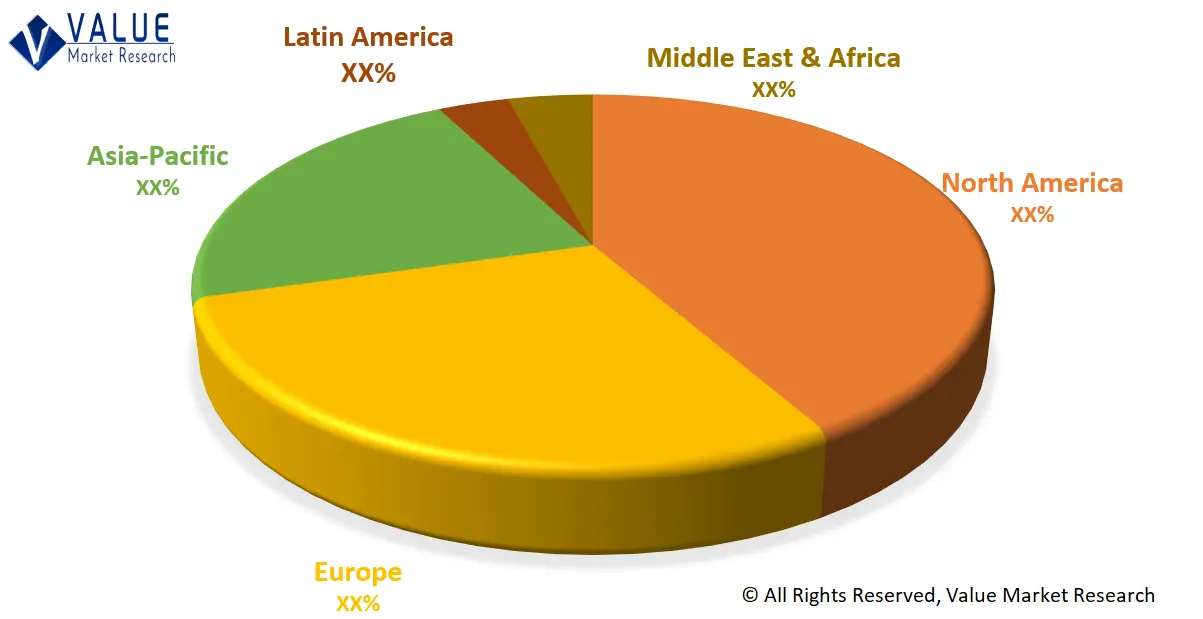The global demand for Probiotic Yogurt Market is presumed to reach the market size of nearly USD 66.8 BN by 2030 from USD 33.54 BN in 2022 with a CAGR of 9% under the study period of 2023 - 2030. Regarding volume, the market was calculated XX MT in 2022 and forecast to touch XX MT by 2028 with a CAGR of XX% during 2023-2030.
Probiotic yogurt contains live, beneficial bacteria known as probiotics. These probiotics are added to the yogurt during or after the fermentation process and are intended to provide health benefits to the consumer. Probiotics are living microorganisms that, when consumed, confer a health benefit on the host. They are commonly found yogurt, kefir, kimchi, sauerkraut, and other fermented foods. Probiotic yogurt typically contains strains of bacteria such as Lactobacillus acidophilus and Bifidobacterium lactis, which are known to have positive effects on digestion, immune function, and overall health.
Market Dynamics
The demand for probiotic yogurt has scaled up with consumers becoming more health-conscious and seek food products that can improve their overall health. The digestive and immune benefits of probiotics have been well-documented, and consumers are turning to probiotic yogurt as a convenient and tasty way to incorporate these beneficial bacteria into their diets. The growing trend of consuming natural and organic foods that are free from artificial ingredients and additives is also supporing the market. Probiotic yogurt is seen as a natural, wholesome food that can help support digestive health without the need for synthetic supplements. Probiotic yogurt is now widely available in supermarkets, health food stores, and online retailers, making it more accessible to consumers. This has helped to increase the visibility of the product and drive sales. Yogurt manufacturers are constantly innovating and introducing new flavors and packaging formats to appeal to consumers. This has helped to keep the product fresh and relevant and maintain consumer interest. As more consumers adopt plant-based diets or seek out dairy alternatives for health or ethical reasons, manufacturers have responded by introducing probiotic yogurt made from non-dairy sources such as soy, almond, and coconut milk. This has helped to expand the market for probiotic yogurt beyond traditional dairy-based products.
The report covers Porter's Five Forces Model, Market Attractiveness Analysis, and Value Chain analysis. These tools help to get a clear picture of the industry's structure and evaluate the competition attractiveness at a global level. Additionally, these tools also give an inclusive assessment of each segment in the global market of probiotic yogurt. The growth and trends of Probiotic Yogurt Industry provide a holistic approach to this study.
Market Segmentation
This section of the probiotic yogurt market report provides detailed data on the segments by analyzing them at country and regional level, thereby assisting the strategist in identifying the target demographics for the respective product or services with the upcoming opportunities.
By Product Type
- Drinkable Probiotic Yogurt
- Spoonable Probiotic Yogurt
By Source
- Animal-Based
- Plant-Based (Soy Milk, Almond Milk, Coconut Milk, Others)
By Nature
By Flavor
- Regular/Unflavored
- Flavored (Vanilla, Strawberry, Blueberry, Peach, Others)
By Fat Content
- Regular/Whole Milk
- Low-Fat
- Fat-Free
By Sales Channel
- Hypermarkets/Supermarkets
- Convenience Stores
- Specialty Stores
- Online Retailers
- Wholesalers
- Grocery Stores
- Other Retail Format
Regional Analysis
This section covers the regional outlook, which accentuates current and future demand for the Probiotic Yogurt market across North America, Europe, Asia-Pacific, Latin America, and Middle East & Africa. Further, the report focuses on demand, estimation, and forecast for individual application segments across all the prominent regions.
Global Probiotic Yogurt Market Share by Region (Representative Graph)

The research report also covers the comprehensive profiles of the key players in the market and an in-depth view of the competitive landscape worldwide. The major players in the probiotic yogurt market include Arla Foods Inc., BioGaia AB, Chr. Hansen Holding A/S, Danone, Danisco A/S, General Mills Inc., i-Health Inc., Lallemand Inc., Lifeway Foods Inc., Mother Dairy Fruit & Vegetable Pvt. Ltd., Kerry, Nestle S.A., Probi, Yakult Honsha Co. Ltd. This section consists of a holistic view of the competitive landscape that includes various strategic developments such as key mergers & acquisitions, future capacities, partnerships, financial overviews, collaborations, new product developments, new product launches, and other developments.
In case you have any custom requirements, do write to us. Our research team can offer a customized report as per your need.

